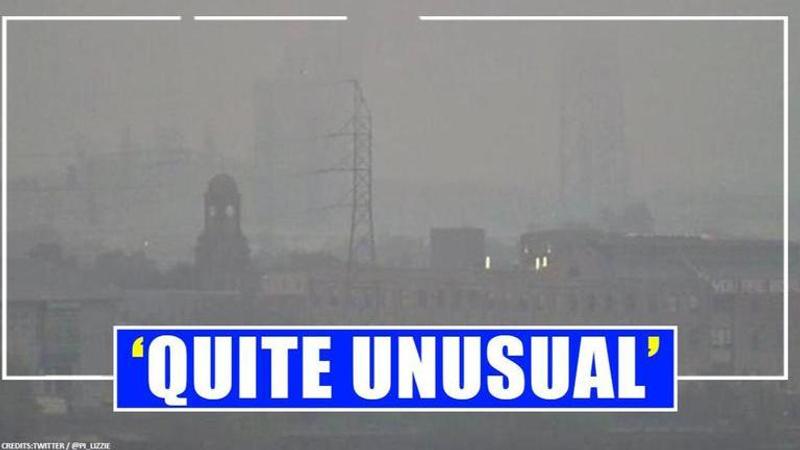Published 11:01 IST, June 28th 2020
Massive 'Godzilla dust cloud’ from Sahara desert engulfs parts of US
A massive dust storm the Sahara Desert has shrouded the Gulf Coast of the United States and parts of mainland in a thick dusty haze, stretching over 5,000 miles

A massive dust storm in the Sahara Desert has shrouded the Gulf Coast of the United States and parts of mainland in a thick dusty haze, stretching over 5,000 miles. The Earth Observatory of the National Aeronautics and Space Administration (NASA) noted the thickest parts of the plume extended over 5,000 miles on June 24, twice the distance from June 18.
According to NASA, dust storms from Africa’s Saharan Desert travelling across the Atlantic Ocean is not a new phenomenon but the current dust storm has been quite expansive. NASA-NOAA’s Suomi NPP satellite showed the blanket of dust had moved over the Gulf of Mexico and extended into Central America and over part of the eastern Pacific Ocean.
Colin Seftor, an atmospheric scientist at NASA’s Goddard Space Flight Center in Greenbelt, Maryland, said in a statement the size and strength of this particular event are quite unusual. He added that there is yet another large cloud coming off the African coast, continuing to feed the long chain of dust travelling across the Atlantic.
Ecological change
While the dust from Africa can affect the air quality of North and South America when it mixes down to ground level, it can also play an important ecological role. The dry, warm, and windy condition can suppress the formation and intensification of tropical cyclones, which often wreak havoc in coastal areas, and it can also help in fertilising soils in the Amazon and building beaches in the Caribbean.
Residents of Florida, Texas, and the other US States shared pictures of hazy skies on Twitter which showed the impact of the storm from across the Atlantic.
Updated 11:01 IST, June 28th 2020




